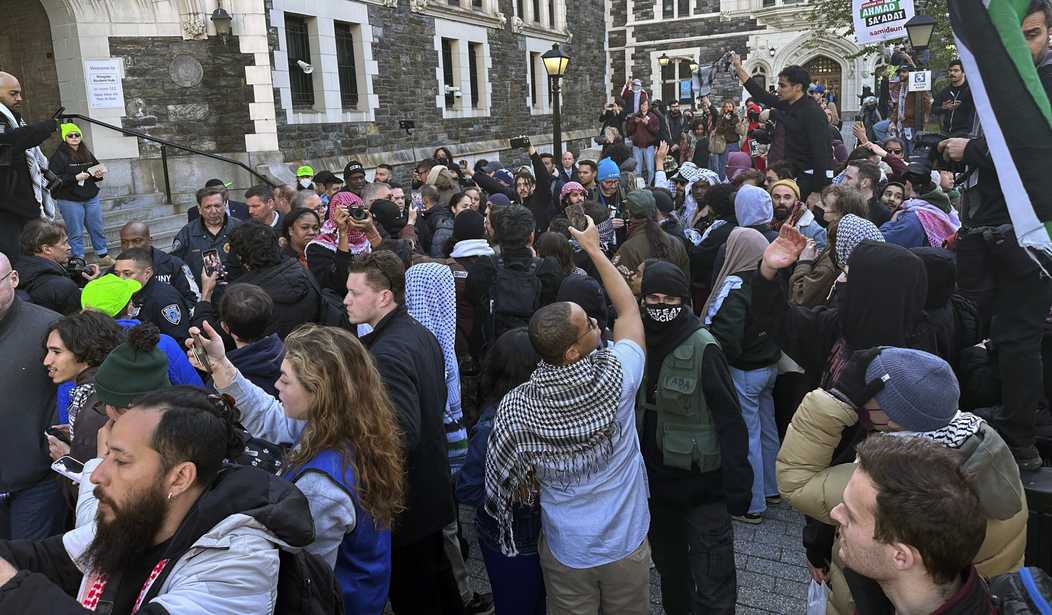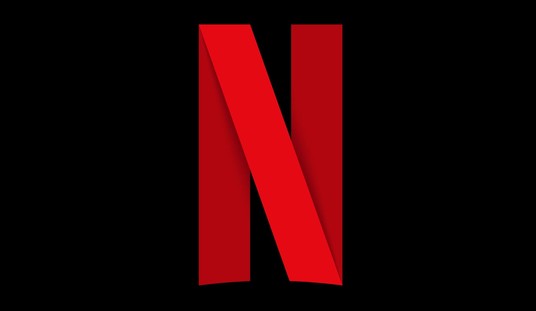Many colleges and universities either refused to negotiate with student protesters or didn't accede to their demands, leading to crackdowns that resulted in the arrests of more than 2,100 people (a sizable portion of which were not students).
Some schools negotiated with students leading the protests and reached agreements. Northwestern University in Chicago, Brown University in Rhode Island, Rutgers University in New Jersey, University of Minnesota in Minneapolis, and a few other smaller schools negotiated an end to the tent encampments.
It's unclear how long that will last. Both sides appear to be dissatisfied. Pro-Palestinian protesters are saying the student negotiators sold them by not sticking to their original demands while those supporting Israel claim the schools caved under pressure.
But how were the schools able to negotiate a settlement and why couldn't such a deal have been reached at other schools?
The "leaders" of some protests were not interested in a settlement. Columbia, UCLA, CUNY — these students and outside agitators were in it for the spectacle. Saying they would remain at the encampments until their "demands" of disinvestment were met disqualified them from being taken seriously.
Other schools, like Northwestern, were able to satisfy some of the protester's demands.
The agreement lets protests continue through June 1 but bars all tents except one for aid supplies. It also prevents people without ties to Northwestern from participating and requires school permission to use loudspeakers or similar devices, according to copies made public by the school and the student organizers.
Northwestern’s statement said it would enforce the deal, which includes possible penalties for students who did not comply, like suspension.
“This agreement represents a sustainable and de-escalated path forward, and enhances the safety of all members of the Northwestern community while providing space for free expression that complies with University rules and policies,” said a statement attributed to President Michael Schill, Provost Kathleen Hagerty, and Vice President for Student Affairs Susan Davis.
Some Jewish student organizations were not satisfied at all.
Sarah van Loon, regional director of AJC Chicago, said "In order to avoid exhibiting real leadership by enforcing its own recently amended policies, Northwestern succumbed to the demands of a mob, which has intimidated Jewish students, espoused antisemitic, hate-filled speech, and whose members have celebrated Hamas terrorists.”
Also, the ADL issued a strong statement bitterly denouncing Northwestern's agreement with protesters.
“For days, protestors openly mocked and violated Northwestern’s codes of conduct and policies by erecting an encampment in which they fanned the flames of antisemitism and wreaked havoc on the entire university community,” they wrote. “Rather than hold them accountable – as he pledged he would – President Schill gave them a seat at the table and normalized their hatred against Jewish students.”
What's the goal of the schools? If it's to maintain order and protect the students then this agreement achieves that goal.
The arrangement drew dissent from both sides. Some pro-Palestinian, anti-Israel protesters condemned it as a failure to stick to their original demands, while some supporters of Israel said it represented “cowardly” capitulation.
Seven of 18 members resigned from a university committee that advises the administration on addressing antisemitism, Islamophobia and expressions of hatred on campus. They said they felt unable to continue serving “with antisemitism so present at Northwestern in public view for the past week.”
Michael Simon, the executive director of an organization for Jewish students, Northwestern Hillel, said he resigned after concluding the committee could not achieve its goals.
When the choice is to negotiate or call in the cops (which is exactly what the protesters want) trying to negotiate a peaceful end while not caving into unacceptable demands is a fine line to walk.
The Northwestern administrators were too eager for a deal and gave away too much. Also, I'm not sure how long this "peace" is going to last. Perhaps the administration thought that the whole thing would go away once the term is over.










